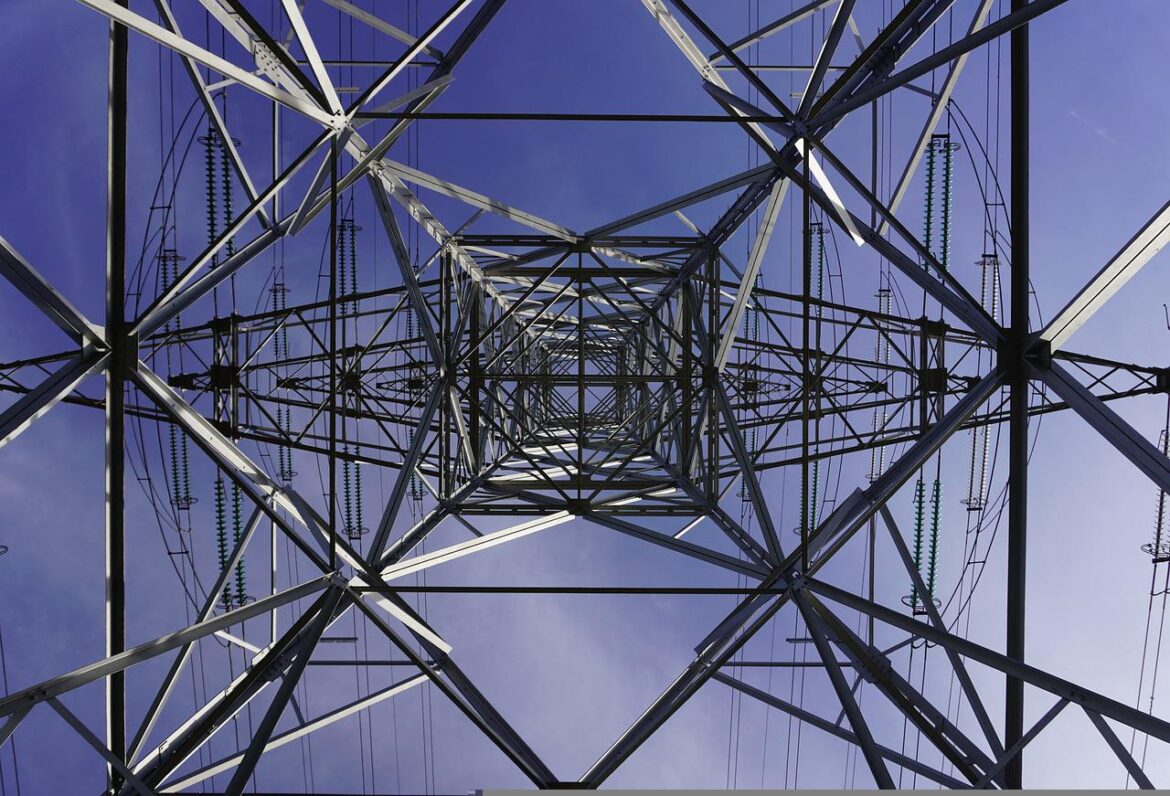By Staff Reporter
ISLAMABAD: The power purchasing agency has sought a record-high increase in fuel charges for the upcoming electricity bills, citing higher domestic coal and gas prices in January, a move that would hit the already struggling consumers hard.
The Central Power Purchasing Agency (CPPA), which acts as a commercial agent for the power distribution companies (Discos) formerly under the Water and Power Development Authority (Wapda), has demanded an additional fuel cost adjustment (FCA) of Rs7.13 per unit in the billing month of March for the electricity consumed in January. This would generate an additional Rs57 billion for the Discos.
This is the highest-ever increase in FCA demanded by the CPPA in its history, and almost 96 percent higher than the pre-fixed fuel cost of Rs7.50 per unit, already charged to consumers in January. It also calls into question the capabilities of the power sector bureaucracy to forecast fuel costs even for six to seven months.
This increase in FCA is on top of about 26 percent increase in the annual base tariff and another 18 percent hike under the quarterly tariff adjustment currently in place. As a result, consumers will have to pay excessive bills despite minimum consumption in peak winter months.
The National Electric Power Regulatory Authority (Nepra), the power sector regulator, has accepted the request for a public hearing on Feb. 23.
The CPPA claimed that the reference fuel cost for January was set at Rs7.489 per unit, but the actual fuel cost came in at Rs14.62 per unit, mainly because of higher domestic coal and gas prices, although imported fuel prices, including furnace oil and liquefied natural gas (LNG), were lower in January, and the exchange rate remained stable.
According to the CPPA, about 8,314 gigawatt-hours (GWh) of electricity was generated at an estimated fuel expenditure of Rs114.6 billion in January, of which 7,938 GWh was delivered to Discos at a cost of Rs116.059 billion.
This included a hydropower share of just 11 percent in January compared to 24 percent in December 2023 and 36.5 percent in November. Hydropower, which has no fuel cost, is always lower in January than in other months because of canal closure for annual maintenance.
The biggest share in the national grid came from nuclear power at about 21 percent in January compared to 19 percent in December and 21 percent in November. The second-largest share, 18.22 percent, came from imported LNG in January, against 16.4 percent in December and 10.6 percent in November.
The third-largest share, 16.5 percent, was of local coal in January compared to 17 percent in December; with the addition of about 7 percent share of imported coal, the overall coal generation accounted for 23.4 percent in January, higher than 22 percent of total power production in December. Then followed the domestic gas-fired electricity with 12.45 percent share in January, up from 10.7 percent in December and 9.2 percent in November.
The fuel cost of furnace oil-based power generation reduced to Rs35.4 per unit in January when compared to Rs38.5 per unit in December and Rs47 per unit in November. The furnace oil-based generation in January went up to 9 percent from 2.2 percent in December because of lower hydropower availability.
Diesel-based generation cost went up slightly to Rs45.6 per unit compared to Rs42 in December, and its total share also increased to 1.22 percent in January compared to a negligible 0.08 percent in December.
The LNG-based power generation cost in January declined to Rs24.3 per unit compared to Rs26.22 in December. On the other hand, the cost of domestic gas-based generation was slightly lower at Rs13.7 per unit compared to Rs14.6 in December, mainly because of increased production.
The cost of local coal-based generation in January amounted to Rs11.9 per unit compared to Rs12.33 in December and Rs15.3 in November. The cost of power generated from imported coal went up to Rs21 per unit against Rs17.25 in December and Rs14.53 in November.
Three renewable energy sources — wind, bagasse and solar — contributed about 7.5 percent to the total generation in January, slightly lower than 8.2 percent in December. Their fuel cost ranged from zero to Rs6.5 per unit.
Copyright © 2021 Independent Pakistan | All rights reserved




